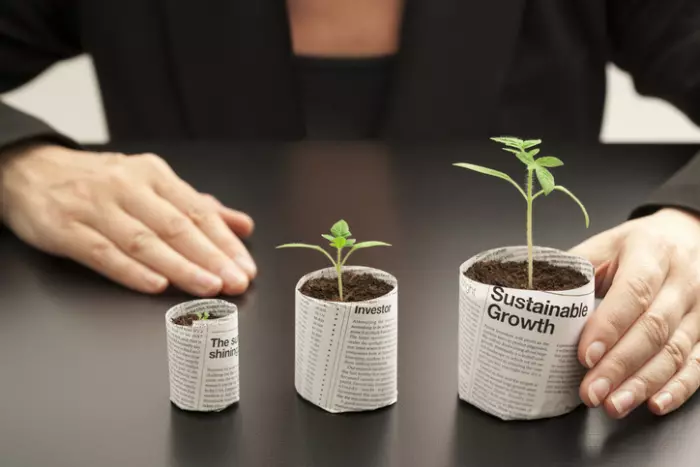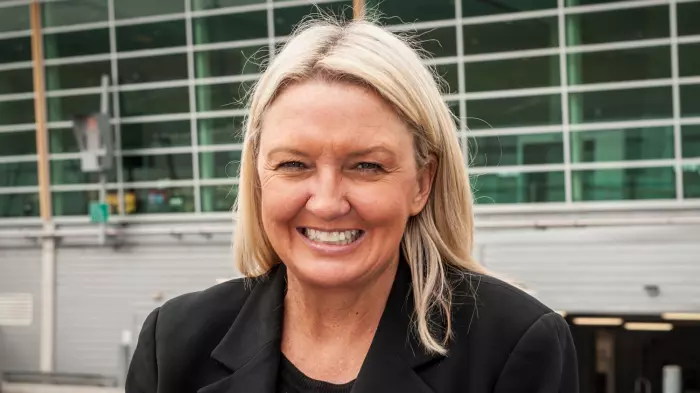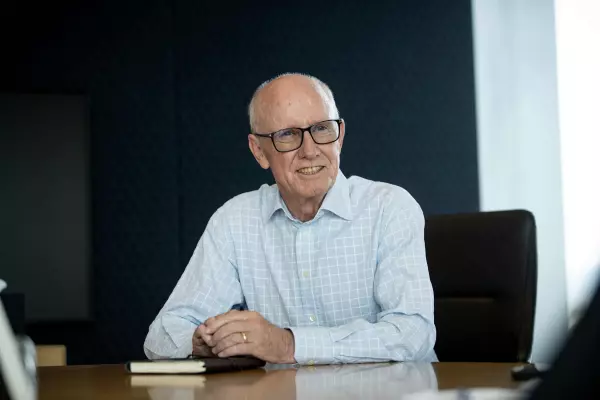American economist Milton Friedman’s business philosophy from the 1970s has dominated Western thinking. He believed that businesses aren’t here to apply social or environmental lenses to their work. Instead, a business should focus on maximising financial returns and paying decent dividends to shareholders. The only boundaries should be imposed by law, not dreamed up by some CEO’s conscience or enlightened personal values.
Friedman, a Nobel Prize winner, held that this focus on maximum dividend returns means shareholders can then choose between spending the money, reinvesting it or (if feeling charitable) giving it to a worthy cause. The business of business is, quite simply, “business”, he said. Leave shareholders to do social good.
Many commentators would say this approach has proven its worth for shareholders and executives, but often not for wider communities and our environment.
The reality is Friedman’s approach incentivises short-term thinking and discourages addressing tricky longer-term challenges like climate change, social equity and environmental degradation in distant parts of the world.
It’s 2021 and we need to reset, realign and rebirth our thinking. Short-term profit maximisation is a model that’s no longer fit for purpose.
What’s the alternative?
If raw capitalism is not the ideal form of business enterprise, one alternative could be to keep capitalism but build companies driven by profit and purpose.
Many call this conscious capitalism, stakeholder capitalism, or social enterprise. Others label it “excessive wokeness”. Regardless of its label, here’s our reality: sometimes businesses need to pivot to remain relevant and sustainable; right now, it’s the business-enabling parts of our economic system that need a pivot.
Stakeholder capitalism tries to address issues of narrow short-term thinking by looking beyond shareholder interests. Think about suppliers, customers, communities and staff. Companies like Patagonia, an outdoor apparel store and a certified B-Corp, go further and regard our planet as the most important stakeholder. Amazing.
What exactly is a B Corp?
B Corp is a growing global movement of purpose-driven companies. They still want to make money, and their owners don’t need to suddenly become philanthropists. Profit is not a dirty word; it’s just that profit isn’t the sole driver.
There are more than 3500 B Corps worldwide, including home-grown New Zealand companies such as Sharesies, Kathmandu, Kiwibank, Kester Black, Ethique, the Co-operative Bank and Pathfinder.
Some challenge the value of gaining certification as a B Corp, and instead say just “walk the walk”. But it’s too easy for a marketing department to describe itself as a sustainability champion. Claims need authenticity.
Anyone can market “eco” personal-care products, “environmentally friendly” packaging or “ethical” investment funds. The product may indeed be shiny and green but what about the underlying business? That’s where B Corp comes in.
Getting ready to go B Corp
The B Corp process is difficult to greenwash your way through. It requires time, effort and drive to be recognised as a force for good. That recognition is fast becoming a desirable currency for brands building trust.
For Pathfinder, it was an 11-month process and required a point person committed to making it happen. It needs buy-in from the wider team so when processes need tinkering, outcomes need measuring or procedures need documenting, it happens.
The B Corp process also has the business thinking more about our carbon footprint and how to reduce it, the ratio of the CEO’s pay to everyone else’s, team diversity, and how purpose has been embedded. Even how we encouraged staff to choose sustainable transport options to get to work. It is hard to greenwash this stuff; you need to go “all in”.
Business as a B Corp
At Pathfinder, we think about impact in two ways: our business operations and our product offering.
Firstly, let’s look at our KiwiSaver and business purpose. I’ve been involved in a charity for eight years and seen first-hand the struggle to secure long-term, passive, sustainable income. Without income, charities can’t deliver on their mission; without certainty of that income, they can’t plan ahead.
We want to be part of the solution. Each of our thousands of KiwiSaver members selects one of our charity partners. We then give 20% of our fee income to those charities. The 20% of fee income (not profits) is a cost to our shareholders.
Generating long-term income streams for impactful charities such as Garden to Table, the Mental Health Foundation, Project Jonah and the Men’s Health Trust is part of our purpose. We also work at being an equitable and sustainable business, for example by offsetting our carbon footprint.
Part two of our business impact is our investment products. Investing has real-world impacts, which guide our mission to grow individual wealth and collective wellbeing. Good returns for individuals are generated in a way that’s positive for the planet and people.
It’s more than passively excluding alcohol, tobacco and weapons – avoidance won’t change the world. It also needs to be more than running ESG (environmental, social and governance) screens across listed companies.
We seek out unlisted private company investments that will make money and solve challenges. Pathfinder’s KiwiSaver has invested in social housing transactions, microfinance in South-east Asia, commercial solar, biodegradable bandages and, alongside ACC, Sir John Kirwan’s mental health resilience business.
A world with more B Corps
In recent decades, businesses have profited regardless of whether they have helped to solve social or environmental issues. Indeed, many have profited from causing those issues. That’s the wrong way round. Profit is fine, but business should be profiting as it helps, not as it hinders.
Whether or not you choose to be a B Corp, generating profit works better for everyone if the equation includes looking after staff, customers, community, suppliers and the environment. This means that as businesses, we need everything from products and operations to the wider economic architecture to be sustainable. How much better our capitalist world could be.
Milton Friedman would have shaken his head, but we need to meet more than bare legal minimums. There’s truly no point in passing shares in a company on to your kids without a healthy planet, sustainable communities and a flourishing and fair economic system.
John Berry is CEO of Pathfinder Asset Management, specialists in ethical investing and a certified B Corp company.











